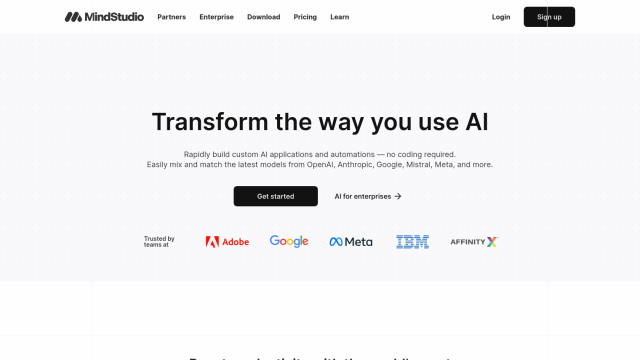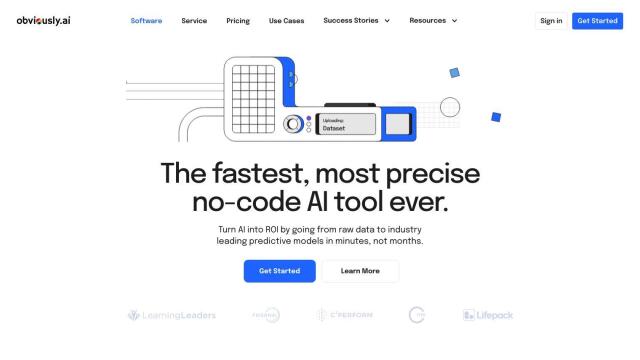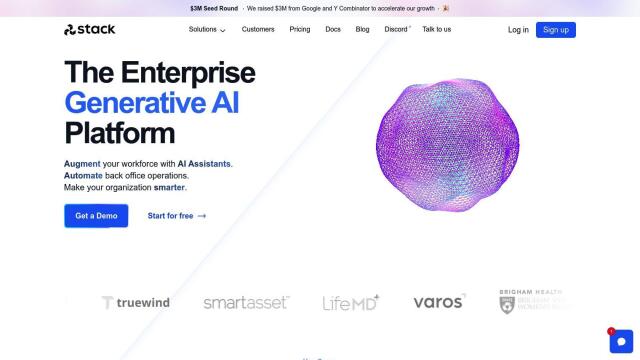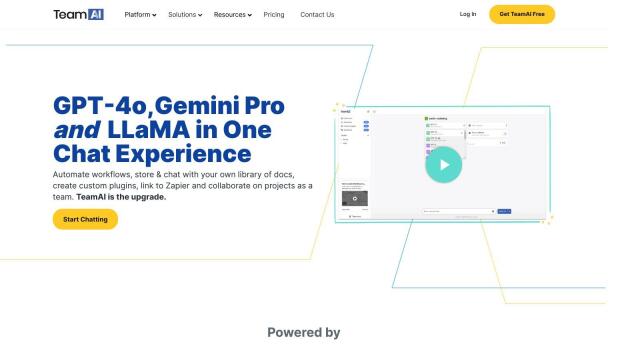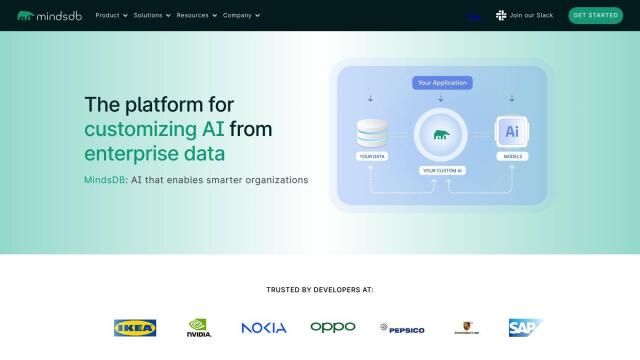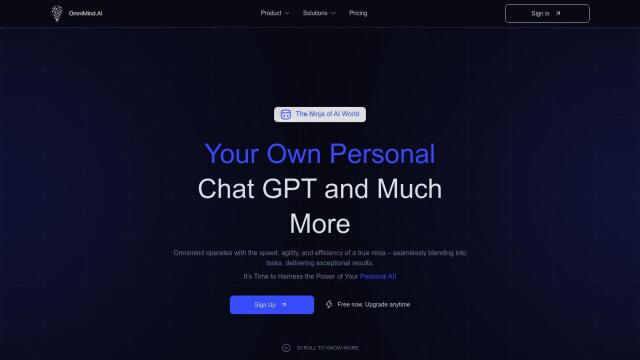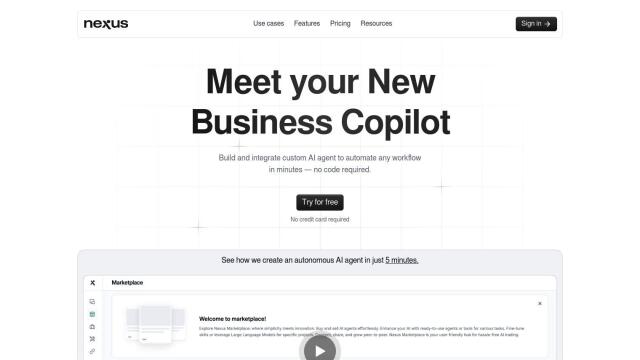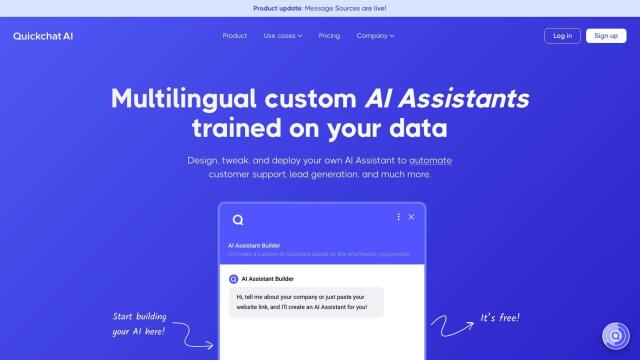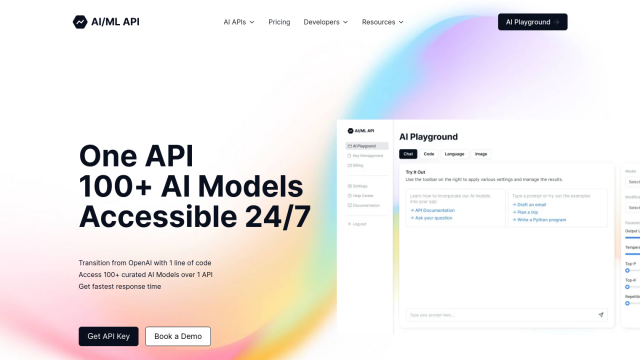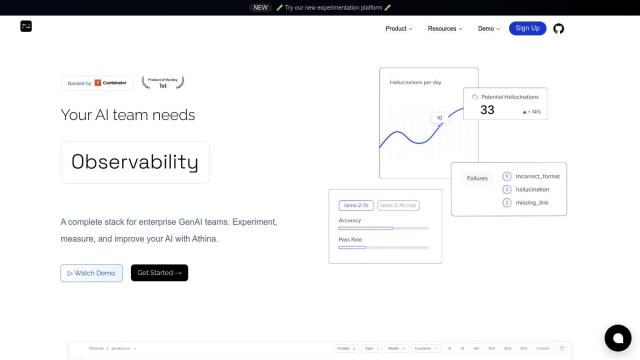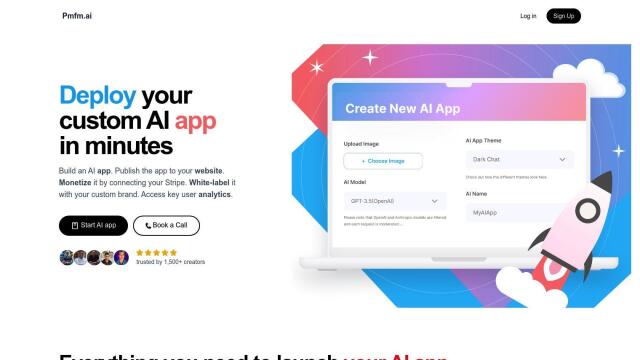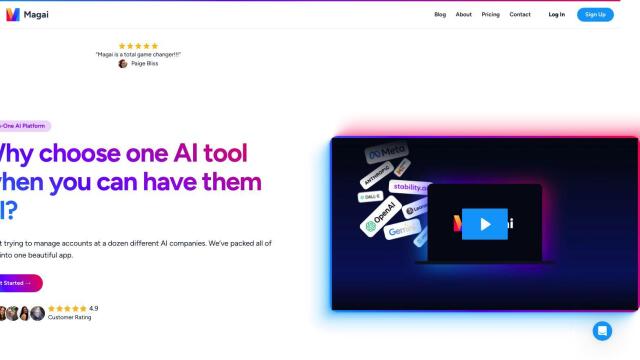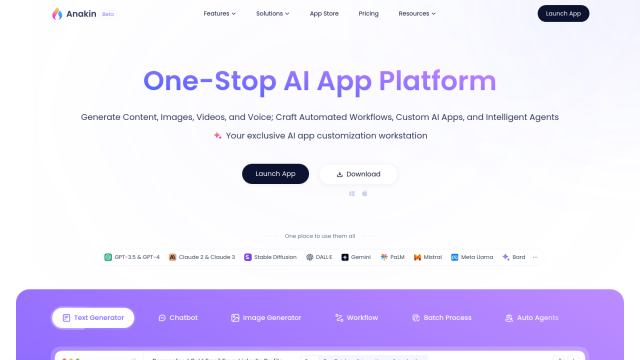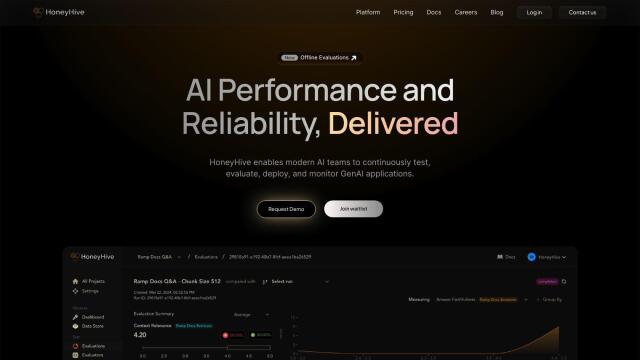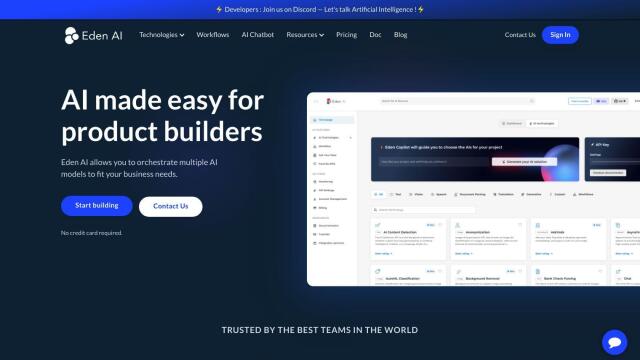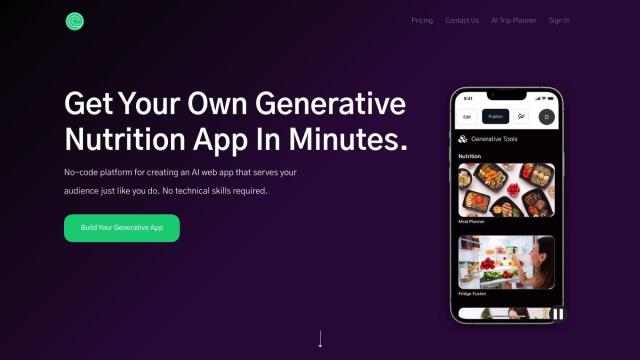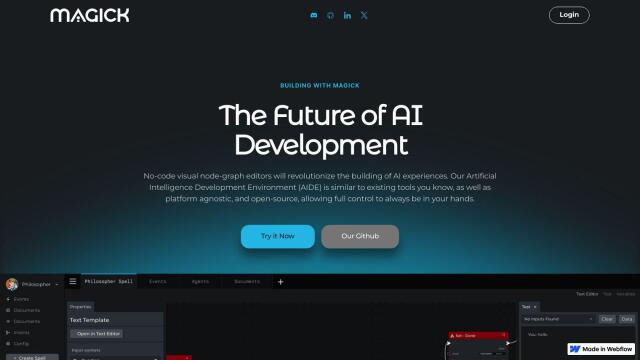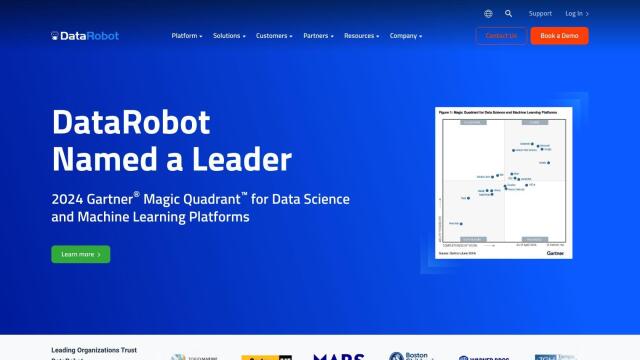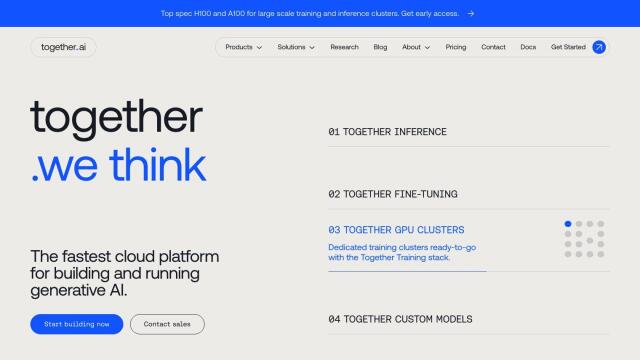

LastMile AI
If you're looking for another MindStudio alternative, LastMile AI is worth checking out. This platform is geared for developers who want to easily productionize generative AI apps. It includes tools like Auto-Eval for automated hallucination detection, RAG Debugger for optimizing performance and Consult AI Expert for access to a team of engineers and ML researchers. It supports a range of AI models for text, image and audio input and output, and a notebook-like environment for prototyping and building apps that use multiple AI models.


Keywords AI
Another top contender is Keywords AI. This platform provides a unified DevOps environment for developing, deploying and monitoring LLM-based AI apps. It provides a single API endpoint for multiple LLM models, integrates well with OpenAI APIs, and includes features like keyboard shortcuts for fast development and performance monitoring. Keywords AI is geared for AI startups, letting developers concentrate on creating products without worrying about the underlying infrastructure.
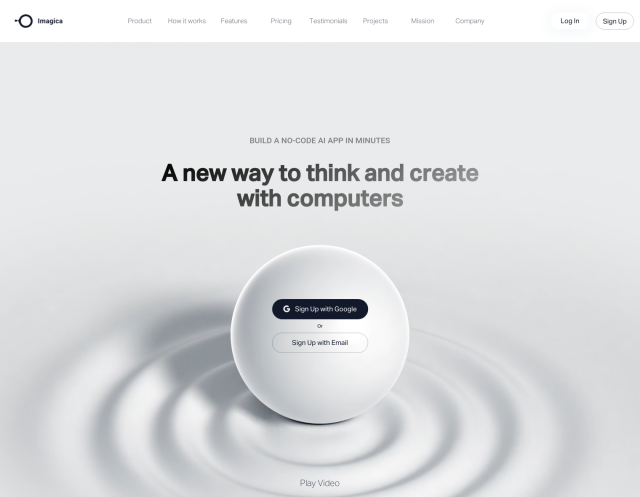
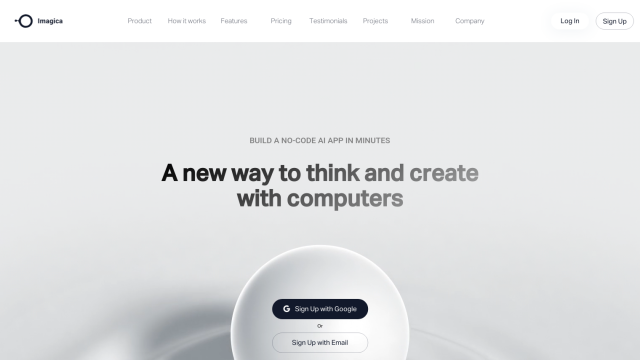
Imagica
If you're looking for a no-code option, Imagica is also worth a look. The platform lets you create working AI apps by specifying tasks in plain language, no programming required. It includes a chat interface for interacting with data sources, category templates and multimodal input and output formats. Imagica is geared for industries like finance, education and marketing, and offers different pricing levels to accommodate different needs.

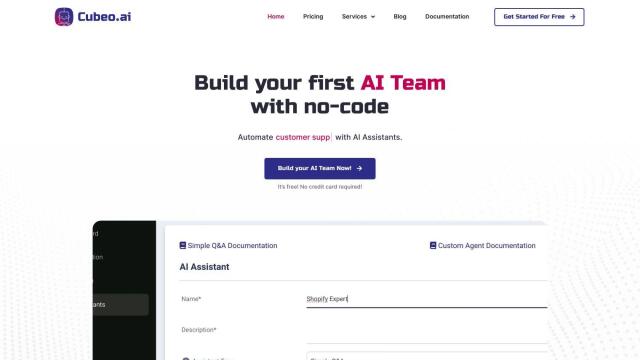
Cubeo AI
Last, Cubeo AI is another no-code AI platform you might find useful. It lets you create and train AI agents to automate work across different departments. The platform supports multiple LLMs and uses a credit-based pricing system. Cubeo AI is designed to help businesses boost productivity and revenue by automating repetitive tasks, so it's a good option for companies looking to use AI to automate operations.

